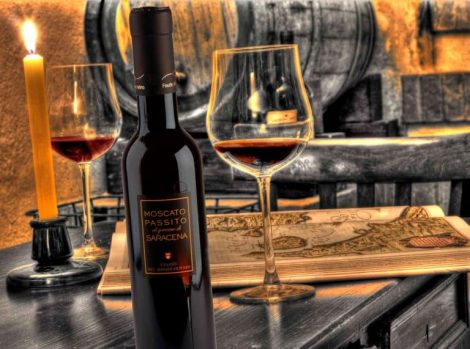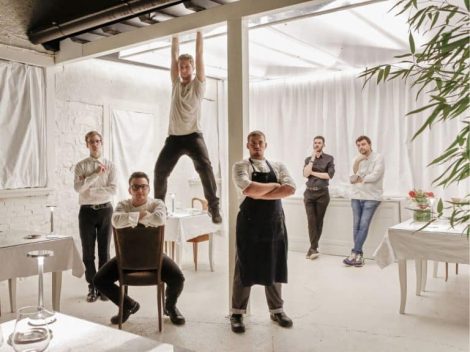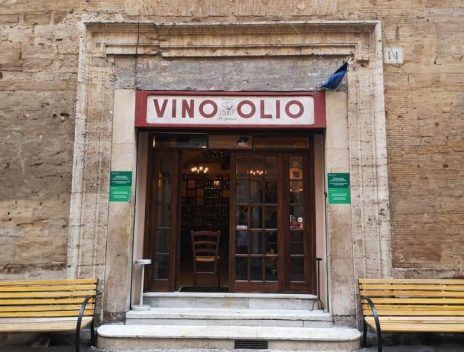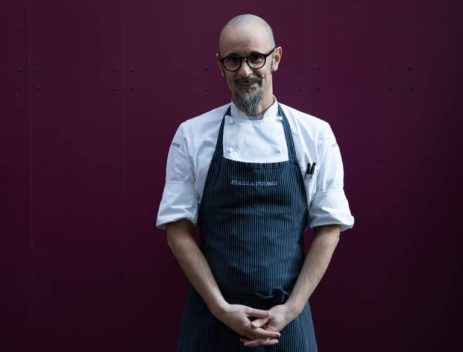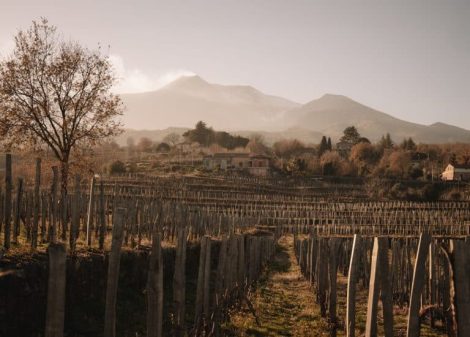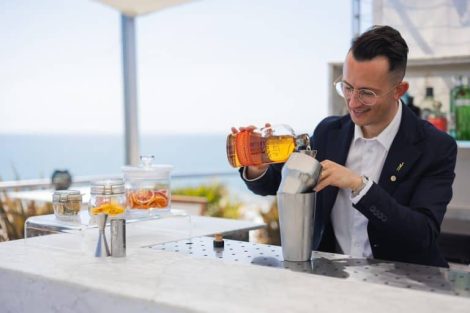French vineyards are heading towards an inevitable decline, partly due to climate change. This is highlighted in the documentary "Un point c’est tout" ("That's it"), which details the damages to viticulture caused by climate change. In the film, French nurseryman Lilian Bérillon, along with renowned French producers, paints an apocalyptic picture in which the world of viticulture has taken a wrong turn, and urgent changes are needed to prevent great wines from disappearing within a few decades.
Protagonists and themes
Amid protests from winemakers and the French government making around 150 million euros available for vine removal, an additional piece adds to the tension. In the 52 minutes of the documentary, Anselme Selosse, Jean Louis Chave, Peter Sisseck, and Lalou Bize Leroy, all prominent figures in the wine industry, join Lilian Bérillon in highlighting the problems to be addressed, starting with the increasing number of young vines dying prematurely each year.
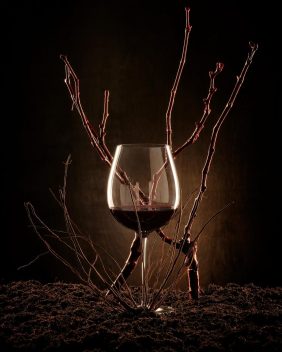
"A real catastrophe, considering that it is from old vines, at least 40 years old, that great wines are obtained," recalls Lalou Bize Leroy. The cause is not only attributed to global warming but also to a plant now industrially produced that lacks "diversity," unable to age. "With this documentary," said Bérillon, "I wanted to open the discussion and shed light on the opacity of the system and the operating methods of the entire viticultural nursery profession, which must seriously reconsider its approach."
A perspective for the future
For over 20 years, Lilian Bérillon has traveled worldwide in search of solutions to the decline of vineyards, an increasingly serious problem affecting a growing number of winemakers. Strong convictions led him to gather a group of wine producers, a sommelier, a restaurateur, and a scientist to support the cause with their testimonies. The documentary is a report on the real experiences of winemakers dealing with recurring problems in their vineyards and the solutions they have found, along with stimulating perspectives they offer to future generations.
In the face of the reduced lifespan of vines, the main message, however, is one of hope. The discussion revolves proactively around the future, mass selection, and long-term prospects for wineries. "I wanted to take a stand by giving space to wineries and champagne houses with which our nursery has worked for many years. Those who, like us, are convinced that they made the right choice in introducing a new type of plant to the market," says Bérillon.

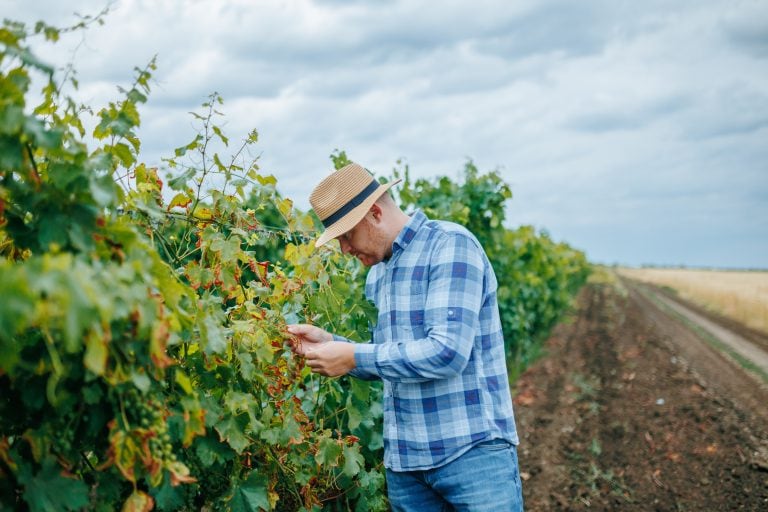
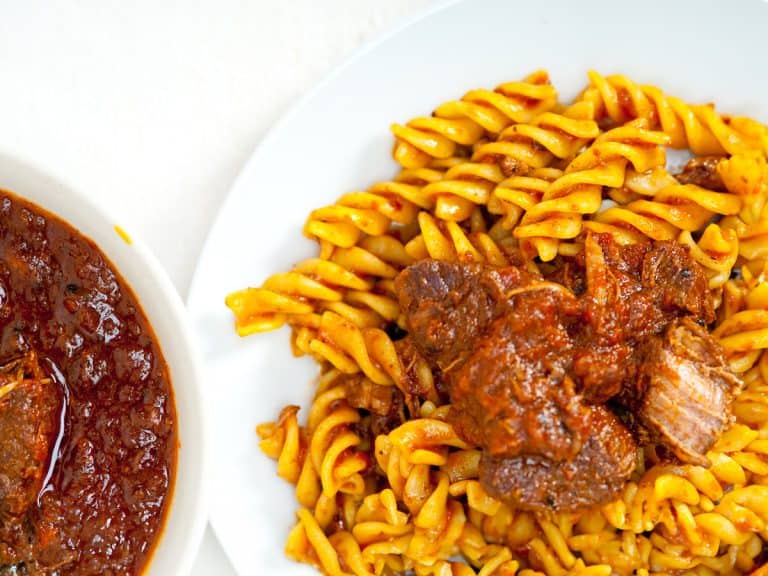 Neapolitan or Bolognese? The (tomato-free) history of the two ragùs that divide Italy
Neapolitan or Bolognese? The (tomato-free) history of the two ragùs that divide Italy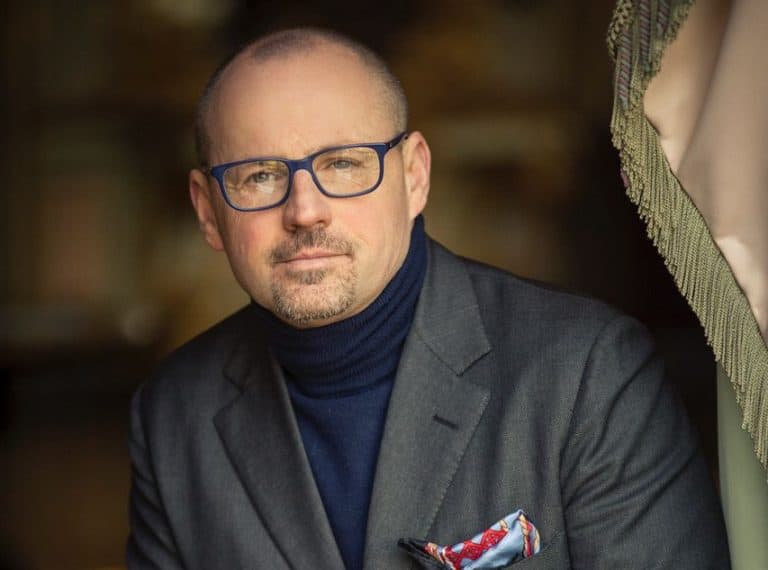 Dom Perignon for dogs and sleepless rock stars: the bizarre requests to the world’s best hotel manager
Dom Perignon for dogs and sleepless rock stars: the bizarre requests to the world’s best hotel manager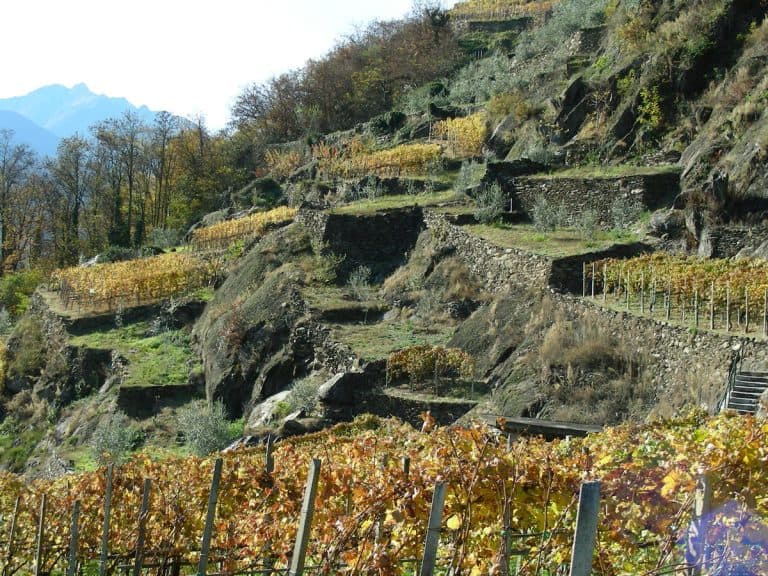 The oil always moves north, reaching England. How the map of olive trees is changing due to climate change
The oil always moves north, reaching England. How the map of olive trees is changing due to climate change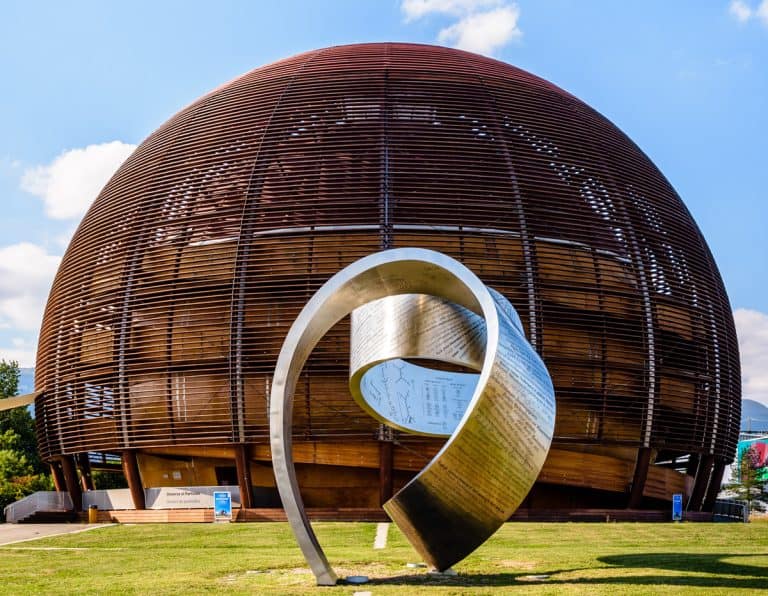 The Nobel Sandwich we tried at CERN, just steps from antimatter
The Nobel Sandwich we tried at CERN, just steps from antimatter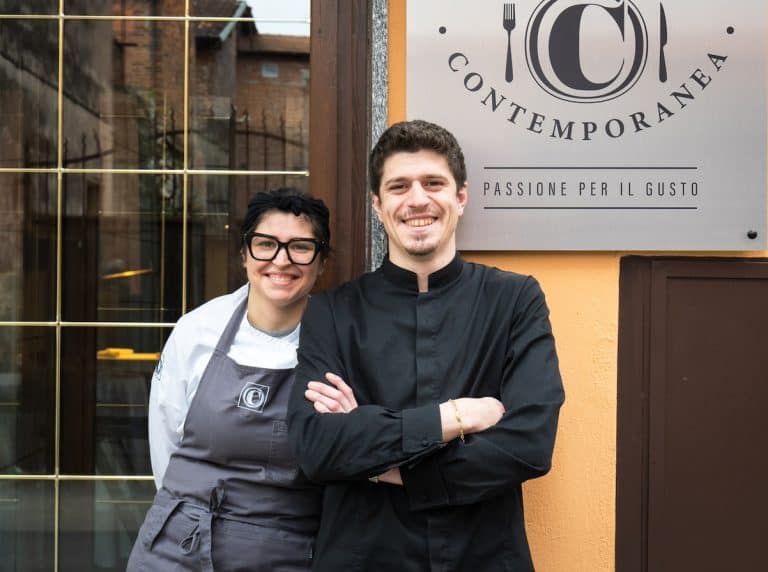 The two young talents from Gattinara revolutionising Italian cuisine
The two young talents from Gattinara revolutionising Italian cuisine